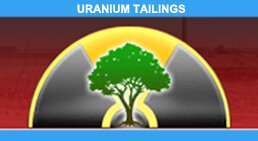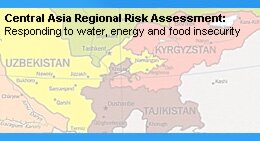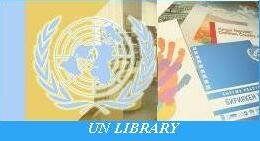| Kyrgyzstan Overview |
|
Located in Central Asia on the historical Silk Road, Kyrgyzstan is a mountainous country famous for its natural heritage including its high peaks, glaciers, lakes, snow leopards and other attractions. The Kyrgyz Republic gained its independence in 1991 and embarked on a transition to a democratic system of governance and a market economy. Today, the country of 5.2 million is host to a growing private sector and a vibrant civil society. It is a member of many international organizations, including the World Trade Organization and the Shanghai Cooperation Organization. The economy has grown at an average rate of 4.9 percent since 2000, and the percentage of the population living in poverty has fallen from 52 percent in 2000 to 31.8 percent in 2008. While these are positive developments, the country lags behind in a number of social indicators. The global 2009 Human Development Report ranks Kyrgyzstan 120th with a Human Development Index rating of 0.710, pointing to regional and urban/rural disparities as well as inequalities between men and women. In 2007, the Government of the Kyrgyz Republic approved a Country Development Strategy that identified the main challenges and priorities for the country from 2007 to 2010. Although it is landlocked and has few natural resources, the country is set on its route to development. The Kyrgyz Republic’s close proximity to three fast-growing countries (China, Russia and Kazakhstan) provides an opportunity for it to expand its exports. Even after a decade and a half of transition, production in the Kyrgyz Republic is mostly concentrated on primary agricultural goods (cotton, tobacco and hides), services, extractive industries (gold mining), construction materials and light industry. Import growth rates significantly outpace export growth rates, resulting in a negative trade balance that exceeded $1 billion in 2007. A steady and growing flow of labour migrants has led to a significant flow of remittances into the Kyrgyz economy, mainly from Russia and Kazakhstan. |





